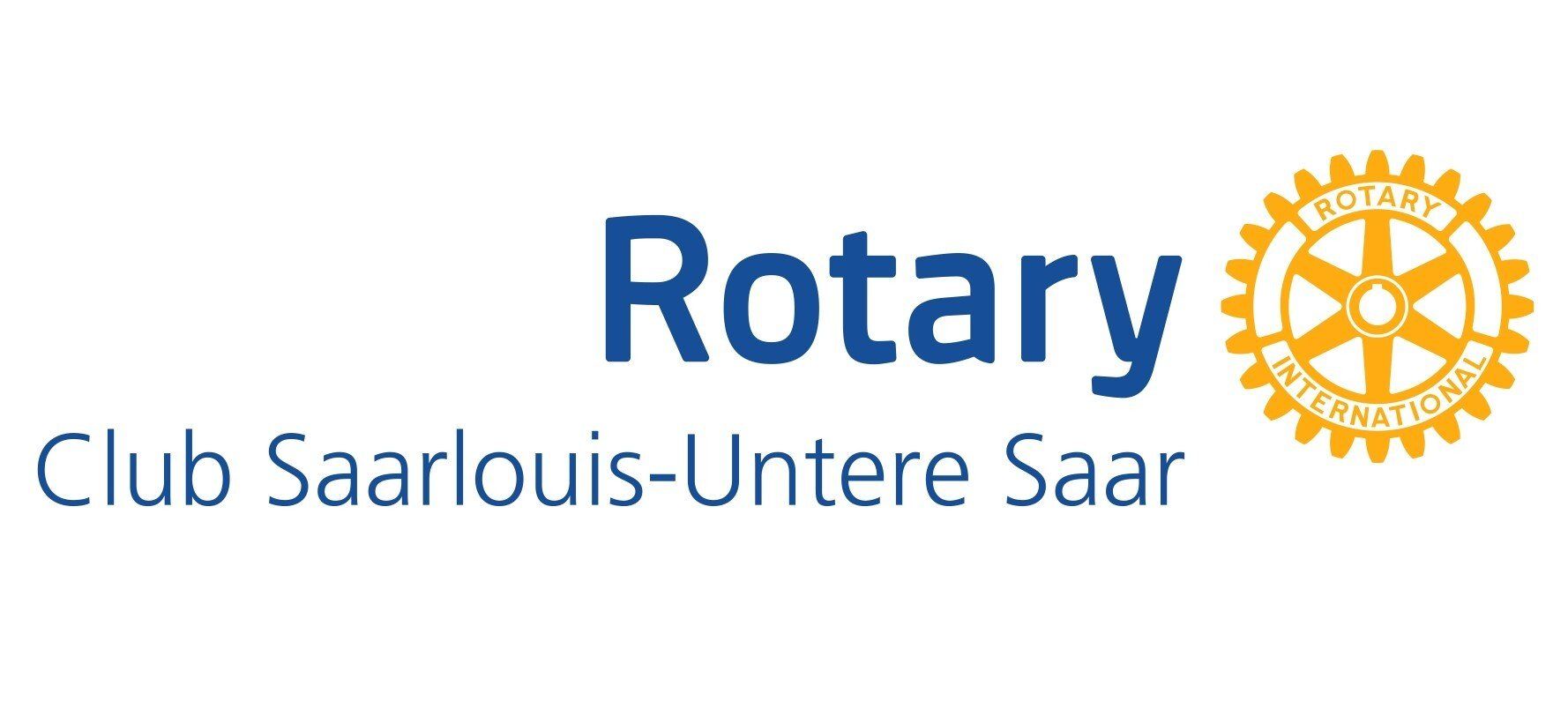Our projects
Our projects
Masimiliano Ochwo Omiel Memorial Secondary School
To give young people in the rural, poorer areas of Tororo District better opportunities in Uganda's already difficult job market after completing seven years of primary school, the Masimiliano Ochwo Omiel Memorial Secondary School was built and has been in operation since 2004. It has been fully accredited by the Ugandan Ministry of Education since 2007. In its early years, it was designed only for day students. Since then, a boarding school has been established, primarily for students from more remote areas.
In recent years, a school library, modern toilet facilities, a sick bay, a dining hall, a teachers' house and a homework room have been added to a science classroom and other classrooms.
The curriculum was supplemented with computer training to meet today's needs, even in this rural area. We were able to acquire additional computers, and the school now has internet access.
After an 83-week school closure in Uganda due to the coronavirus pandemic, classes resumed for all classes on January 10, 2022.
In 2023, the Ugandan Ministry of Education introduced a new curriculum, which will be valid for all four grades of secondary school starting in 2024 and will be applied in the 2024 Intermediate School Leaving Certificate exams. This also includes making computer science a compulsory subject and encouraging project work, for example, in agriculture. Since a new project, "Expansion of the Tororo Secondary School for Agricultural Education with the Establishment of a School Field," was funded in 2023 on land near the school, we fit perfectly into these guidelines.
Since the beginning of the 2024 school year, there has been a cooperation with the association "Kwa Moyo eV", Mbale.
Pupils who have completed their 7-year primary school there have since been attending the 1st grade of our secondary school.
Masimiliano Ochwo Omiel Memorial Center with:
- Sewing
- Hair salon
- Office services
- Flour mills
- Bakery
- Kindergarten
In
2007 the Women’s Centre was established,
to show young girls and women in particular how they can improve their living conditions through their own efforts, increase their household income, and break the cycle of poverty. Often, the men have moved to the cities in search of a job, or many are unemployed. In 2022, a store was added, which had a Office services
such as photocopying, writing and printing files, making color copies, and binding brochures. There is also internet access. This service helps the rural population does not always have to travel to the city of Tororo. This also includes ageneral store,for the small purchases of the village population.
The Yoanina Kindergarten
was built in 2022/2023 with funding from the Saarland Ministry of Education, the Department of Development Cooperation, and the Bosch employees' "Cents for Help eV." It opened in the new 2024 school year with three classes: Baby, Middle, and Top Class, and leads to the elementary school..
Grinding mills
Our
grain mills are electrically powered. While this is better than diesel-powered machines, especially in terms of health and quality, if the power goes out, nothing can be ground. This is a recurring problem and happens often enough.
Another problem is situations when the harvest fails due to climate change or is destroyed by severe weather, as climate change becomes increasingly noticeable. These are times when grain mills are largely idle.
Water and energy supply in the projects
Water supply:
In the villages in Tororo District, most people lack electricity or running water. Water sources are located at varying distances from their homes. According to African tradition, women and young girls fetch water several times a day in canisters. This arduous transportation naturally leads to rather sparing consumption.
In the meantime, the national waterworks have also laid pipes in the villages.
In rainy seasons you see more and more rainwater tanks different sizes for collecting rain.
"Masimiliano Ochwo Omiel Secondary School" and "Masimiliano Center"
Water is supplied here by the National Waterworks, and additional rainwater tanks have also been installed.
At the beginning of the year, a hand-operated well was added to the school.
Power supply:
The power lines we have in the villages are particularly vulnerable to disruption during heavy rain and storms. The transformers fail, and then the lights suddenly go out.
Fortunately, there are increasingly Solar systems.
In the meantime, more solar companies have established themselves, and there are more and more buildings with solar lighting, including those in our projects. People have realized that solar lighting is a good source of light in the evenings, given the abundant sunshine. Apart from the installation costs, there are no fees like with electricity.














